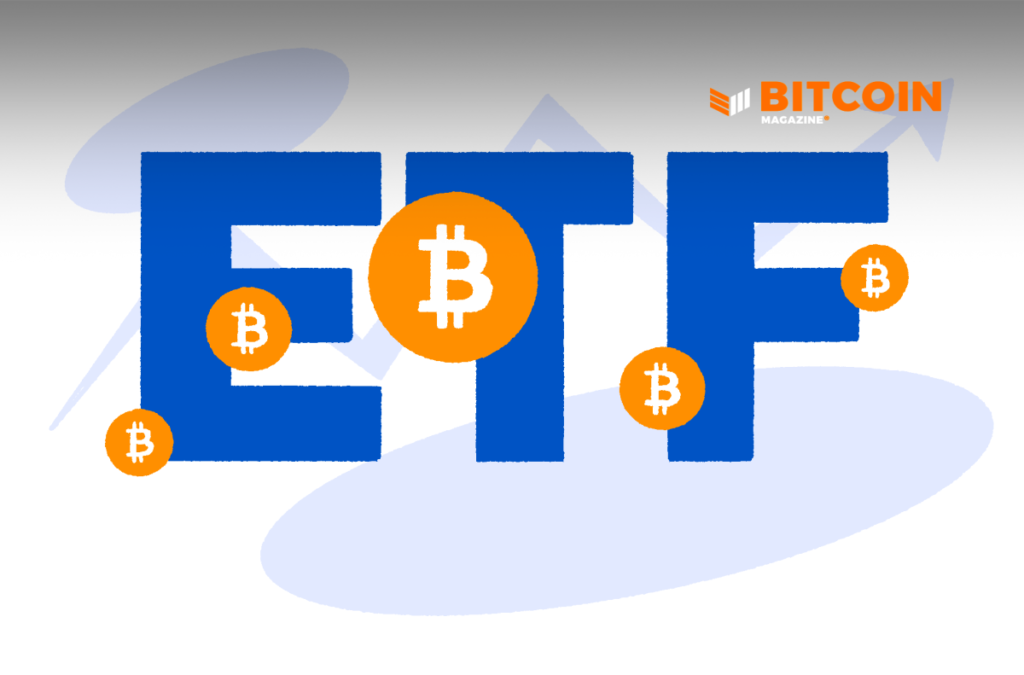- SEC Commissioner Hester Peirce published comments challenging the regulatory agency’s position on spot bitcoin ETFs.
- Peirce explains the refusal of the SEC to approve spot products is “puzzling,” and explains the growth of bitcoin as a financial instrument.
- Grayscale has hired a top legal mind from former President Obama’s administration to fight the SEC should the fund’s ETF application be denied again.
Hester Peirce, a commissioner at the Securities and Exchange Commission (SEC), recently published remarks on the regulatory agency’s failure to allow spot bitcoin exchange-traded funds (ETFs) in the U.S.
“It is time for the Commission to stop denying categorically spot crypto exchange-traded products,” Peirce stated. “The Commission’s resistance to a spot bitcoin ETP is becoming almost legendary.”
The race for a bitcoin spot ETF in American markets has been fierce, but the SEC hasn’t conceded.
One of the largest vocal contenders for the launch of such a product is Grayscale Investment LLC, which has been trying to convert its $13.8 billion Grayscale Bitcoin Trust (GBTC) into an ETF since April 2021. The company submitted its formal application in October 2021, and has since battled the harsh, untraversed waters of spot bitcoin ETF regulatory approval in the U.S.
Grayscale recently hired one of the top lawyers that served in the former President Obama’s administration to prepare for a legal bout with the SEC, should they continue to deny the fund’s ETF application.
The reluctance of the SEC to either approve such an offering or provide greater clarity on how issuers can do so baffles many in the industry – in addition to Commissioner Peirce.
“Although bitcoin is a new asset, the concept of affording access to commodities through an exchange-traded product is not new,” Peirce explained in her published comments.
Australia released its first spot bitcoin ETF last month, while Canada received a similar spot ETF from Fidelity in 2021. In the U.S., the SEC has only approved bitcoin ETFs that trade futures contracts of the asset as the regulator continues to remain a laggard when it comes to allowing easier access to spot bitcoin in financial markets.
“The continuing refusal of the SEC to approve a spot bitcoin ETP is puzzling to many agency observers,” said Peirce. “The bitcoin market has grown, matured, become more liquid, and attracted more, and more sophisticated (in the traditional financial market sense of the word), participants.”
Peirce closed her comments by reiterating that while she continues to challenge the SEC’s position on bitcoin spot ETFs, she remains optimistic that the regulatory agency can change its course.


